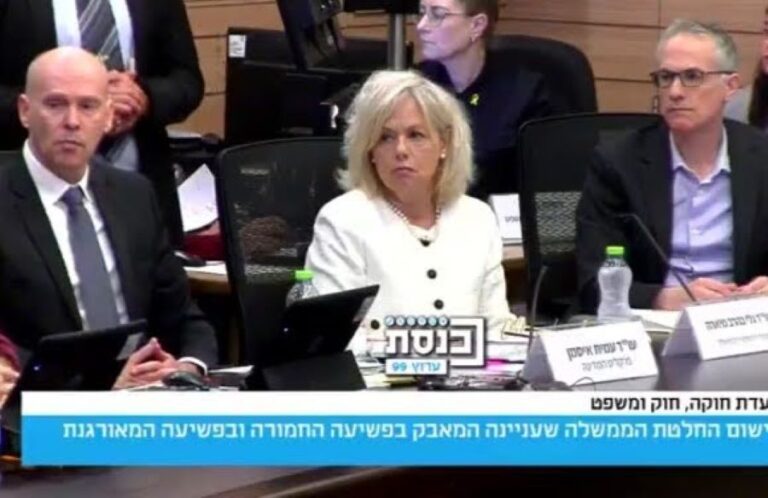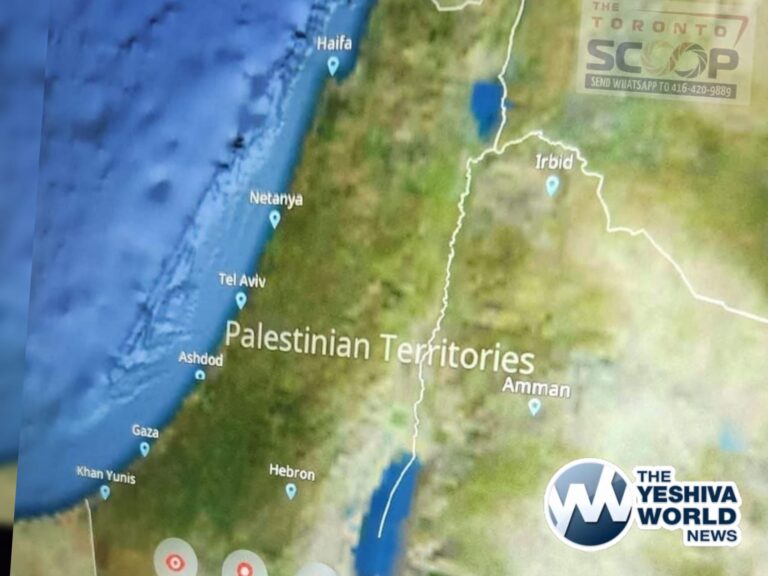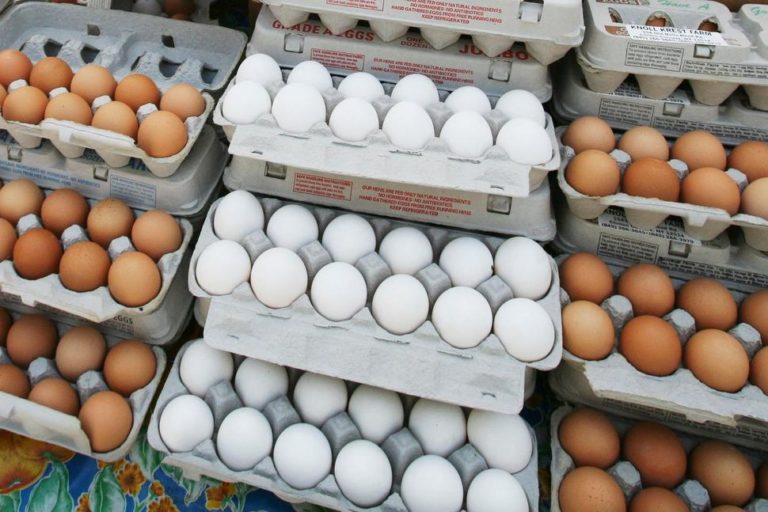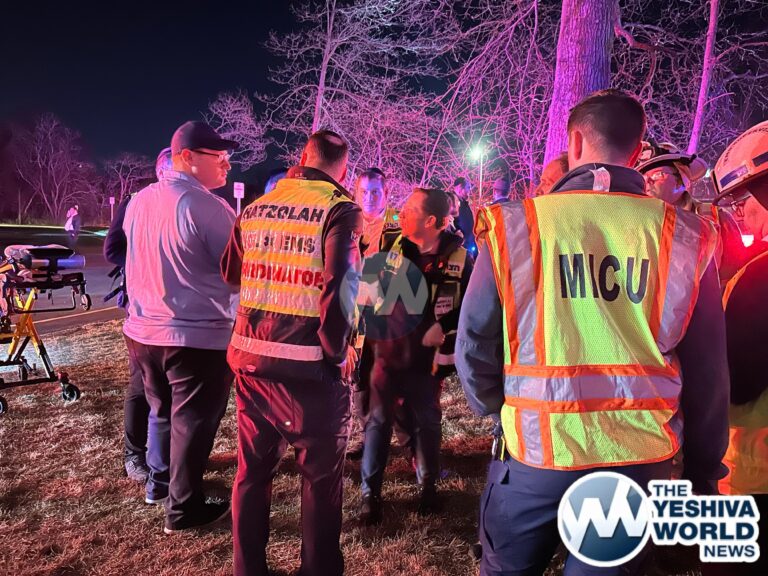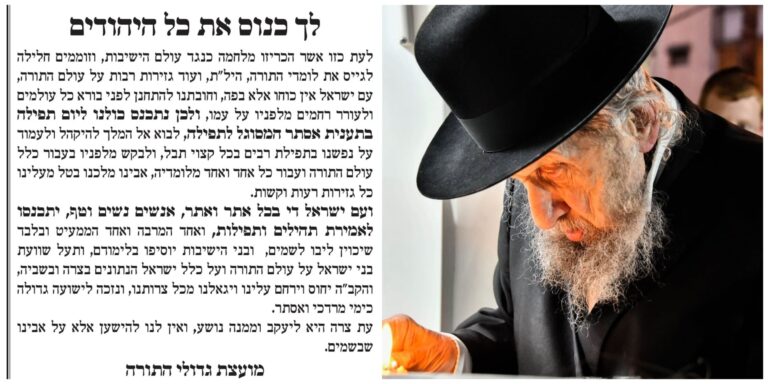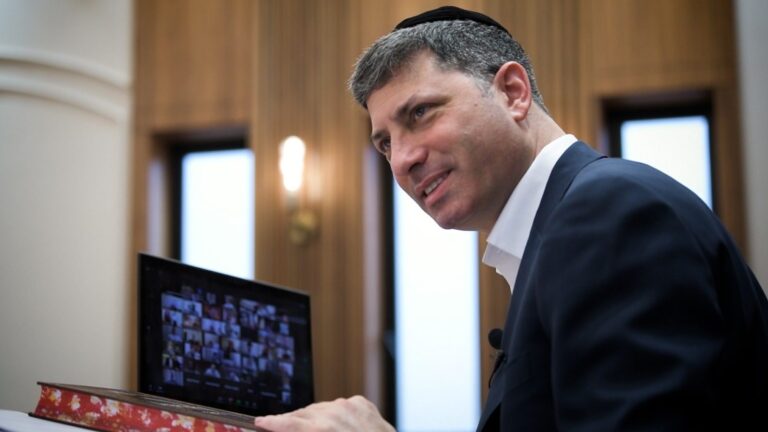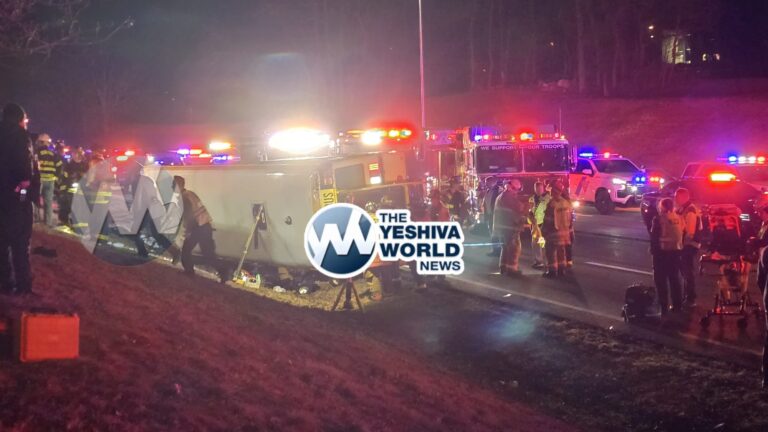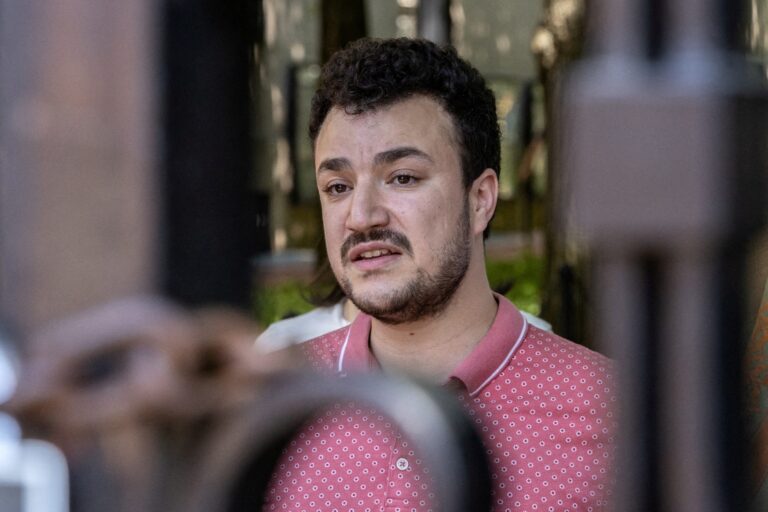 This month, Jerusalem Mayor Nir Barkat will submit the 2016 municipal budget to the City Council for final approval. The new budget continues the increase in allotments for education, residential areas, neighborhoods, culture and economic development from 2015. This continued growth in the city budget has been made possible because of funds Barkat and the Municipality secured from the Government of Israel and from growth in independent income in the city.
This month, Jerusalem Mayor Nir Barkat will submit the 2016 municipal budget to the City Council for final approval. The new budget continues the increase in allotments for education, residential areas, neighborhoods, culture and economic development from 2015. This continued growth in the city budget has been made possible because of funds Barkat and the Municipality secured from the Government of Israel and from growth in independent income in the city.
Mayor Barkat explains, “This year, we began a crucial struggle for the future of Jerusalem. I am pleased that the government of Israel understands that strengthening Jerusalem must be a top priority for the country. Our response to terrorism is to continue to strengthen and develop the city of Jerusalem.”
Parks and Recreation Budget – Increase of NIS 34 million
NIS 20 million from the current budget + NIS 14 million for the development budget
· Increase in allotments for mechanical street sweepers
· Increase in allotments for maintenance of public areas in the east of the city
· Continued replacement of garbage cans with in-ground waste containers
· Establishment of additional recycling centers in various neighborhoods
· Continued work on general improvements and shading in the city’s gardens and 600 playgrounds
· Construction of new themed neighborhood parks, new gardens in the eastern neighborhoods of the city
· Installation of lighting and irrigation systems in gardens
· Continued development of the Gazelle Valley Park and metropolitan parks
· Launch of a new program in which hundreds of trees will be planted on city sidewalks and in public areas
· Renovation of dozens of roads, sidewalks, bridges and tunnels
· Repaving of dozens of neighborhood roads in the eastern neighborhoods of the city
· Enhancing accessibility of public thoroughfares
· Improvements in lighting systems alongside roads
· Installation of additional lighting throughout the city
Culture, Sport, and Leisure – Budget will increase by NIS 18.5 million
· Increased budget for supporting cultural institutions, Arts and Culture Department, local culture and leisure facilities, community institutions, festivals, central events, and student activities
· Extension of the ‘Young Neighborhood’ program to three additional neighborhoods
· Continued construction of the Menorah compound arts and culture campus
· Investments in cultural ventures in all of the business compounds in the city and the city center
· Launching a new program that provides assistance for young artists in collaboration with business owners
· Continued renovation and lighting equipment for the sports fields
· Running community sports programs for children in local neighborhoods, including a sports program for the chareidi community
· Hosting international sports events and matches for Israel’s national team
· Increased municipal support for sports clubs
· Development of new bicycle and pedestrian routes throughout the city and an extreme bicycle facility
· Construction of exercise facilities in additional gardens in the city
· Construction of a pétanque field for senior citizens,
· Establishment of 3×3 areas and sports clubs for youth in the east of the city
· Continued construction and renovation of buildings for youth movements and increased budget to recruit participants
· Construction of community projects – community libraries, community gardens, art displays and community cafés
· Increased budgets for youth and senior citizen clubs in the east of the city
· For the first time, the Municipality will provide support for pre-military educational academies
· Preparations will proceed for hosting the Children’s Olympics in Jerusalem in 2018
· Completing construction of the largest aquarium in Israel at the Biblical Zoo
· Development of new exhibits at the zoo
· Construction of the National Campus for the Archaeology of Israel
· Upgrades to the Old City Walls Walk
· Development of a new night display at the Tower of David Museum
· Increased budgets to draw tourism to the city
Education – Increase of NIS 128 million
NIS 91 million from the current budget and NIS 37 million for the development budget
· Expansion of equipment of computer systems to additional schools
· Continued expansion the “eleventh month” to different sectors
· Installation of air conditioners in all municipal schools
· Expansion of the “Jerusalem Advantage in Education,” which connects Jerusalem students to cultural institutions
· Doubling the budget for preventing dropouts from the education system
· Increase in the number of youth advancement workers
· Doubling of the program for longer school days in eastern Jerusalem schools
· Renovation of children’s playgrounds
· Carrying out safety works at educational institutions in the city.
· Finalizing the process of transferring responsibility for accompanying schoolchildren on school buses from the bus companies to the Municipality, increasing supervision and safety of the students,
· Significant increase in municipal investment in educational programs in the chareidi and Arab sectors
· Continuation of many educational programs with an investment of tens of millions of shekels for: the Jerusalem Cultural Advantage, the Jerusalem Science Advantage, the community school, additional English studies, support for immigrant schoolchildren and even more programs
· Increase in the budgets for preventing dropouts from school, for advancing youth that have dropped out and for reducing gaps in special education
· Continuation of construction of hundreds of new classrooms in the Arab and chareidi sectors
· Increased budgets for renting school buildings
· Increased budget for a program to prevent dropouts in eastern Jerusalem
Development and Infrastructure
Budget for the design and development of infrastructure and transport this year will be NIS 803 million
· Continuation of urban renovation in the Shmuel HaNavi/Bar Ilan area, East Talpiot, N’vei Yaakov, Golomb Street, Thon Street, HaNurit Street
· Continuation renovation of commercial centers in Kiryat Menachem and N’vei Yaakov
· Continuation of development of masterplans for Ras al-Amud (new plan), A-Tur, Sur Baher, Beit Safafa, Beit Haninah/Shuafat, Jabil Mukhaber, Beit HaKerem, South Nachlaot, Arnona, Rosko, Givat Shaul/Kiryat Moshe, etc. neighborhoods
· Paving of new roads to improve access to employment centers and residential neighborhoods in Romeima, Givat Shaul, Bayit Vegan, Abu Tor, Beit Haninah, etc.
· Paving of dozens of new roads in eastern Jerusalem
· Installation of parking facilities for motorbikes and bicycles
· Expansion of demolition and reconstruction plans throughout the city
· Continued construction of new business area at the entrance to the city
· Continued excavation of the Shazar parking lot
· Advancement of the plans for the next light rail lines in the city
· Continued expansion of the red line to Hadassah Ein Kerem, Givat Ram and Mount Scopus
· Development of masterplans for neighborhoods and business areas
· Continuing the process of shortening licensing proceedings at the municipality
· Expansion of online licensing for construction designs
· Continued reduction for consumption of energy by municipal facilities in the private sector
· Improvements in timing for traffic lights to improve traffic and safety
· Safety arrangements throughout the city will continue for: speed bumps, regulating sidewalks, installing safety barriers and signs
· Continuation of the worker shuttle program for the employment centers on Har Chotzvim
· Renovation of the Kedron Stream
· Reduction of air pollution in the city center
· Continued operation of the ‘GreenNet’ recycling and garbage collection center in Atarot, the largest in Israel
Public Buildings
The development budget for the construction of public buildings, community centers, schools and kindergartens, swimming pools, youth movement buildings, etc., will be NIS 456 million
· Continued construction of neighborhood swimming pools in Beit Haninah, Har Nof, Armon HaNatziv, Ramot and Pisgat Ze’ev
· Continued design of an Olympic-size swimming pool in the Malcha Sports Center
· Beginning design of the Pisgat Ze’ev neighborhood park
· Construction of youth clubs in Givat Masua, Kiryat Yovel and Beit HaKerem, a youth center in Pisgat Ze’ev, Payis centers, cultural centers, community center branches in Ramat Sharret, Givat Mordechai, Gilo, Bayit Vegan and Wadi Joz
· Construction of hundreds of classrooms, daycare centers and kindergartens for all sectors throughout the city
· Construction of sports halls for schools in Sanhedria, Chomat Shmuel and Beit Haninah.
Community
The community budgets will be increased by NIS 57 million from the current budget
· Continuation of unique municipality program for addressing poverty in Jerusalem
· Investment in a program aimed at reducing gaps
· Construction of an employment center in eastern Jerusalem,
· Continued support and for immigrant absorption in Jerusalem, in general and from France in particular
· Programs to improve the service at Infant Care Centers
· Implementation of a masterplan for senior citizen activities
· Opening of a day center for senior citizens in Gilo,
· Renovations on apartments for homeless persons
· Renovations for a building for the Ethiopian community in the Katamon neighborhood
· Construction of an Infant Care Center in Sur Baher
Mayor Nir Barkat said that: “There is no resident of Jerusalem that will not feel the 2016 budget, which will continue the trends of intense investments that began in recent years. This year, we began a crucial struggle for the future of Jerusalem. I am pleased that the government of Israel understands that strengthening Jerusalem must be a top priority for the country. Our response to terrorism is to continue to strengthen and develop the city of Jerusalem.”
Barkat added, “In 2016, we will continue the dramatic improvements that we have seen over the past seven years. The emphasis, as always, will be on education and investment in the youth, since they are our future. Massive investment will continue in residential neighborhoods, in improving the appearance of the city, in playgrounds, schools and kindergartens, in cultural institutions and dozens of events and festivals, roads, intersections and traffic, in municipal services and aid for the elderly and needy, in reducing gaps between the various sectors in the city and in all walks of life. Jerusalem is growing and developing rapidly, and we will continue to make every effort to work to improve the quality of life for you, the residents.”
The total municipal budget for 2016 is NIS 7 billion.
The ordinary budget of the Jerusalem Municipality for 2016 will be NIS 5.165 billion (an increase of NIS 245 million to the 2015 budget, which is a 5% increase).
The development (special) budget for 2016 will be NIS 1.8 billion.
(YWN – Israel Desk, Jerusalem)


